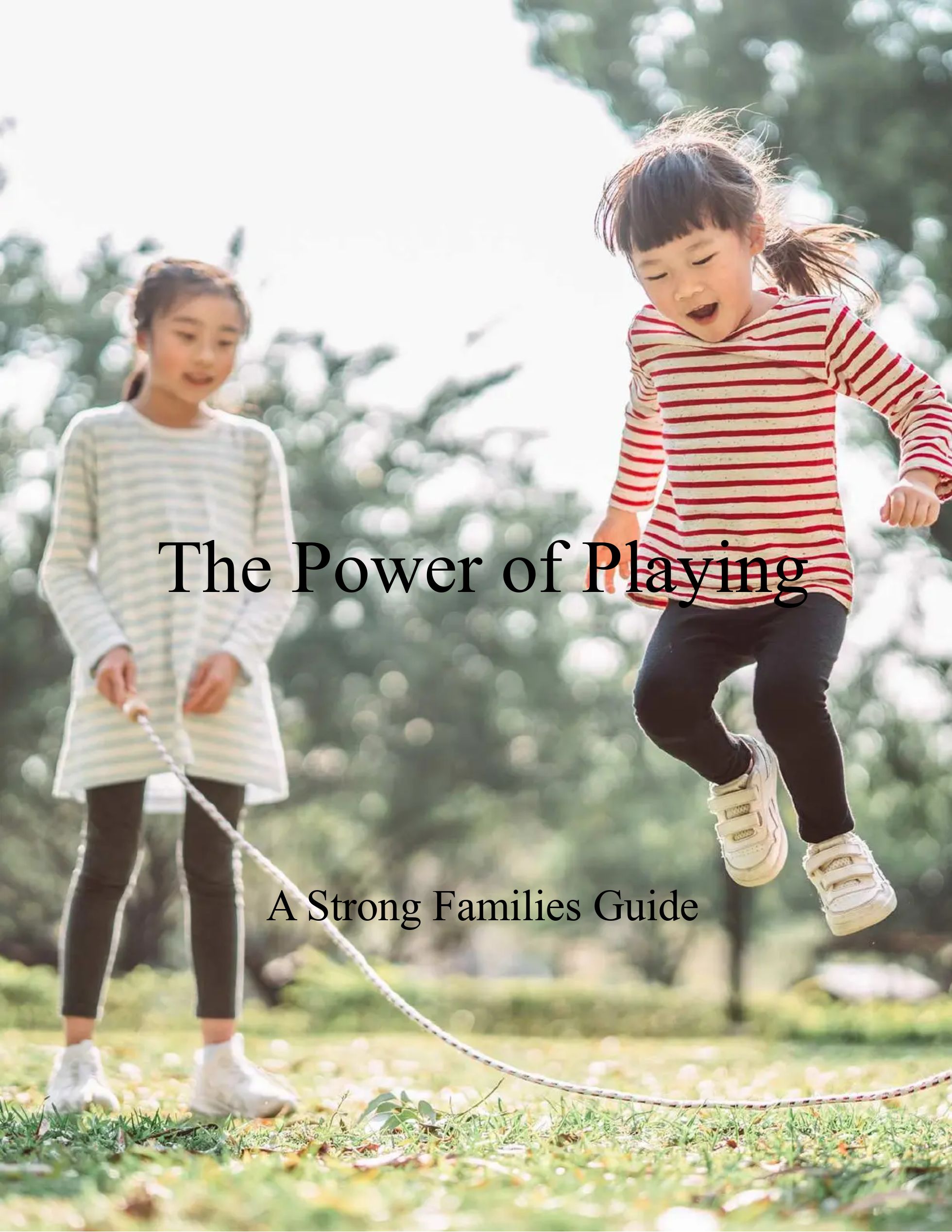Developing resilience in children involves fostering their ability to bounce back from adversity. It’s about equipping them with the skills and mindset to navigate challenges, cope with stress, and learn from setbacks. This process is crucial for their overall well-being and future success.
Different tactics may be helpful for different age groups, according to Mary K. Alvord, PhD, Robin Gurwitch, PhD, Jana Martin, PhD, and Ronald S. Palomares, PhD. – American Psychological Association

Harvard Health Association assigns strength of family bonds as the primary factor in creating resiliency in children who faced the isolating effects of societal shutdown, such as we experienced during the Covid-19 Pandemic.
“Resilience starts for each of us in the bond between parent and child, a key contributor to healthy development in children and teens. Research on childhood trauma, such as exposure to violence, divorce, grief, and natural disasters, shows that a safe, stable relationship with at least one caring and responsive adult is a potent buffer against stress. And recent studies suggest that youths who feel connected to a parent or other caregivers and their peers, and follow consistent daily routines, are best equipped to manage COVID-related stress.” Erica Lee, Ph.D. February 24, 2022
Brightwheel, a major resource for preschools and educators of very young children describes empathy and bravery as key areas for emotional development in children under the age of 7, and has a plethora of materials to aid in that development work.
They describe the “C’s” of emotional development for resiliency as:
Competence: The ability to perform a job or task effectively. It can help us navigate the world with skills like communication, self-advocacy, and negotiation. You can teach and model competency by allowing young children to watch you work from problems to solutions.
Confidence: A belief in yourself and your abilities. It is a conviction where you trust yourself and believe that you can meet life’s challenges and succeed. Confident children are more likely to take chances, as they don’t allow failure to limit them.
Connection: A close tie to family, friends, and community. Building strong relationships helps young children develop a sense of belonging and security.
Character: A combination of all the qualities that make children distinct from one another. It is the way children think, feel, and behave. Character is related to morality and how a child’s sense of right and wrong drives them to make decisions.
Contribution: Represents the act of giving or supplying something. When young children make contributions to their peers, it helps them realize responsibility and self-worth. It helps them develop a sense of purpose and reinforce positive reciprocal relationships.
Coping: The thoughts and behaviors used to manage internal and external stressful situations. Coping skills are important to develop because they help children deal with stressors and overcome challenges. It is more beneficial to teach children a range of healthy strategies versus telling them “what not to do.”
Control: The ability or power to decide or strongly influence the way something happens or how someone will behave. For children, it is knowing they have control over their actions and that they matter. Understanding control empowers children to act as problem solvers.
Our friends at Helping Children Worldwide published a book recently about the Power of Play in building resilient children and families. The guide has sample games, along with practical advice on making family playtime a priority in your life.

You can also find that resource on the strongfamily4everychild.org website at
https://strongfamily4everychild.org/strong-family-sunday
_________________________________
A few simple tips from our friends at the Institute:
How to Help Kids Bounce Back (Without Bubble-Wrapping Them for Life)
Resilience isn’t about toughing it out or pretending everything’s fine—it’s about helping kids build the tools to handle life’s curveballs, scraped knees, and snack-time injustices. Here’s how to help children grow into strong, confident humans who can weather the storm and laugh in the rain.
Bottom line: You don’t have to raise superhumans. Just help them grow the tools, the mindset, and the support network to get back up when life knocks them down. And when in doubt? A little laughter—and a lot of love—goes a long way.
By implementing these strategies, parents and educators can play a vital role in helping children develop the resilience they need to thrive in the face of life’s inevitable challenges.









